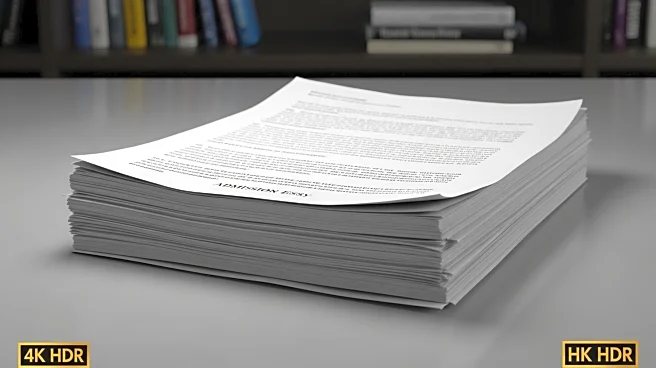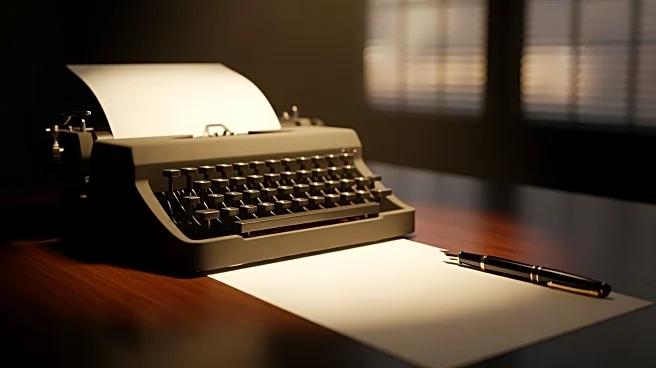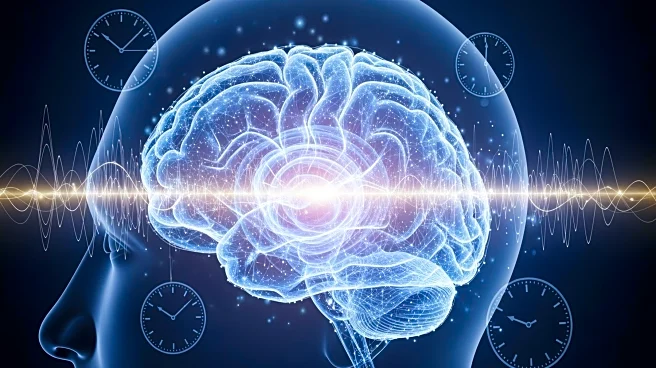What's Happening?
Researchers at Cornell University conducted a study comparing AI-generated college admission essays to 30,000 human-written essays from before the release of ChatGPT. The study found that essays produced by artificial intelligence are notably generic and can be easily distinguished from those written by humans. The AI struggled to create unique narratives, even when provided with specific characteristics of the essay writer. This often resulted in essays that sounded robotic, as the AI forced keywords about the author's identity into the text. Rene Kizilcec, an associate professor of information science at Cornell, noted that while AI tools like ChatGPT can provide valuable feedback for weak writers, relying on them for full drafts results in generic essays that do not reflect a real applicant's voice. The researchers also developed an AI tool capable of differentiating between AI- and human-written essays with near-perfect accuracy.
Why It's Important?
The findings of this study have significant implications for the college admissions process, particularly in the context of increasing reliance on technology. As AI tools become more prevalent, there is a risk that applicants may use them to generate essays, potentially undermining the authenticity and individuality that admissions essays are meant to convey. This could lead to challenges for admissions officers in assessing the true capabilities and personalities of applicants. Furthermore, the study highlights the limitations of current AI technology in replicating human creativity and personal expression, which are critical components of effective communication. Educational institutions may need to reconsider how they evaluate written submissions and develop new strategies to ensure the integrity of the admissions process.










